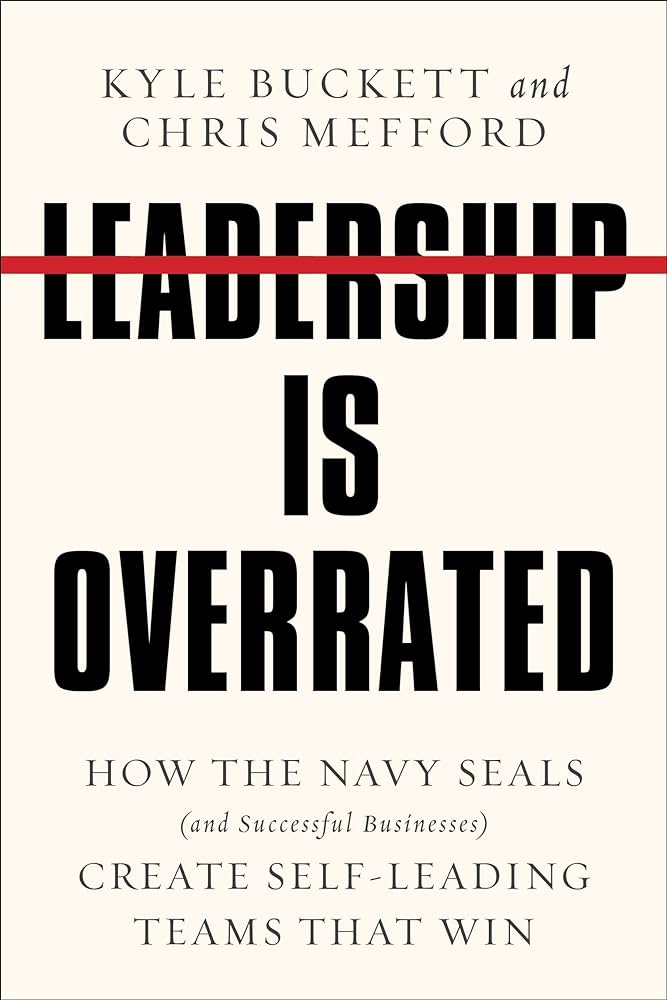Can an Introvert Be a Leader?
Yes, introverts can be effective leaders despite their quiet nature. In fact, introverts often possess key traits such as attentiveness, listening skills, and thoughtful decision-making that can make them excellent leaders.
Effective leadership is not limited to extroverted individuals. Introverts, who tend to be more reflective and observant by nature, can bring unique qualities and strengths to leadership roles. While extroverts may thrive in more social and high-energy environments, introverted leaders excel in quieter settings that require deep thinking, analysis, and strategic planning.
Introverts can be highly effective communicators, focusing on meaningful conversations, active listening, and thoughtful responses. They are often skilled at understanding others’ perspectives and making inclusive decisions that take into consideration the needs and ideas of their team members. Introverts have the potential to be successful leaders, leveraging their strengths such as attentiveness, thoughtful decision-making, and effective communication to motivate and guide their teams towards achieving goals.

Credit: www.forbes.com
Understanding Introversion: Inner Strengths And Challenges
Leadership is not limited to extroverts only. Introverts have their unique strengths and challenges. Introverts are known for their focused listening abilities, enabling them to grasp nuances and consider multiple perspectives. This skill translates into thoughtful decision-making. However, social interactions can be challenging for introverts, as they often prefer solitude and may find it draining to constantly engage with others.
Public speaking can also be intimidating for introverts, who may feel more comfortable expressing themselves in smaller, more intimate settings. Despite these challenges, introverts can still excel in leadership roles by leveraging their introspective nature and ability to think deeply.
They may prefer to lead through quiet influence rather than commanding attention. Understanding and embracing the strengths and challenges of introversion is crucial in fostering inclusive and effective leadership environments.
Challenging Stereotypes: Reimagining Leadership For Introverts
Leadership is not limited to extroverts; introverts bring unique qualities to the table. These assumptions are baseless. Understanding and valuing introverted leadership is crucial. Introverts possess a range of distinct leadership qualities. By recognizing and embracing these qualities, organizations can benefit from the strengths introverts bring.
It’s about striking a balance between introverted and extroverted leadership styles. Effective leaders adapt their approaches to suit the needs of their team and the situation at hand. Instead of adhering to stereotypes, we should focus on the diverse leadership qualities individuals possess.
Introverts can navigate complex situations, listen attentively, and provide thoughtful solutions. They excel at fostering creativity and building strong relationships. In conclusion, we need to challenge the misconception that introverts cannot be effective leaders. It’s time to reimagine leadership and embrace the strengths found in all personalities.
Strategies For Introverted Leadership Success
Being an introvert doesn’t hinder one’s ability to be a successful leader. It all comes down to self-awareness and self-care. Recognizing personal boundaries and energy levels is crucial for introverted leaders. To excel in leadership roles, introverts can harness their strengths and take advantage of their unique traits.
Effective communication and collaboration are key in leveraging the power of introversion. By focusing on concise and meaningful sentences, introverted leaders can lead with authenticity and create a positive impact. So, don’t underestimate the potential of introverts as leaders; they have a lot to offer in terms of strategic thinking, deep listening, and thoughtful decision-making.
Overcoming Obstacles: Navigating Introversion In The Workplace
An introvert’s ability to be a leader is often questioned, but it is indeed possible. Overcoming challenges related to introversion in the workplace is crucial. Building an inclusive environment that respects introverted individuals is essential. Let’s recognize and promote the contributions and ideas introverts bring to the table.
Encouraging collaboration among diverse perspectives ensures a well-rounded team dynamic.
Inspiring Examples: Introverted Leaders Making An Impact
Introverts can indeed be great leaders, as evidenced by inspiring examples in various fields. Sheryl Sandberg, a prominent figure in the tech industry, showcases introverted leadership with impact. Mahatma Gandhi, a quiet yet determined leader, demonstrated how introversion can lead a nation.
Similarly, Rosa Parks, with her quiet strength, sparked social change. These case studies highlight that introverts possess unique qualities that can make them effective leaders. By prioritizing listening and reflection, introverted leaders can bring a calm and thoughtful approach to decision-making and problem-solving.
Their ability to empathize and connect with others on a deeper level can inspire and motivate teams. Introverted leaders may not be the loudest voices in the room, but their quiet confidence and ability to foster collaboration can drive success in any industry.
Conclusion: The Power Of Introverted Leadership
Introverted leaders possess unique strengths that can contribute to effective leadership. They excel in listening and analyzing situations before taking action. Their ability to empathize and understand the needs of individual team members enables them to build strong relationships and foster collaboration.
By recognizing and celebrating the contributions of introverted leaders, we can encourage a leadership culture that values diversity and individual strengths. Creating an environment where introverts can thrive enhances overall team performance and innovation. Rethinking traditional assumptions about leadership, we broaden our understanding and harness the power of introverted leadership.
With their thoughtful approach, introverted leaders can effectively navigate challenges and make considered decisions. Embracing the diverse strengths of both introverted and extroverted leaders ensures a well-rounded leadership team that can drive success in today’s complex and dynamic world.
Frequently Asked Questions Of Can An Introvert Be A Leader
What Is An Introvert Leadership Style?
Introvert leadership style is characterized by a preference for listening, reflection, and thoughtful decision-making.
Can A Shy Introvert Be A Leader?
A shy introvert can definitely be a leader. Leadership qualities are not dependent on personality traits.
How Introverts Make Good Leaders?
Introverts excel as leaders due to their ability to listen, think deeply, and make thoughtful decisions.
What Is An Introvert Leader Weakness?
An introvert leader’s weakness is often being quiet and reserved, which can hinder effective communication and assertiveness.
Conclusion
The notion that introverts cannot be effective leaders is a misconception that fails to capture the true essence of leadership. While extroversion may be more commonly associated with leadership qualities, introverted leaders possess unique strengths that can make them highly effective in their roles.
The ability to listen attentively, think critically, and embrace solitude for reflection allows introverted leaders to bring a thoughtful and introspective approach to decision-making and problem-solving. Their ability to empathize and understand the perspectives of others cultivates an environment of inclusivity and collaboration.
Furthermore, introverted leaders often lead by example, demonstrating integrity, humility, and a genuine interest in the growth and well-being of their team members. By recognizing and nurturing the valuable contributions of introverts, organizations can unlock the true potential of their leaders, creating a diverse and dynamic leadership landscape.





